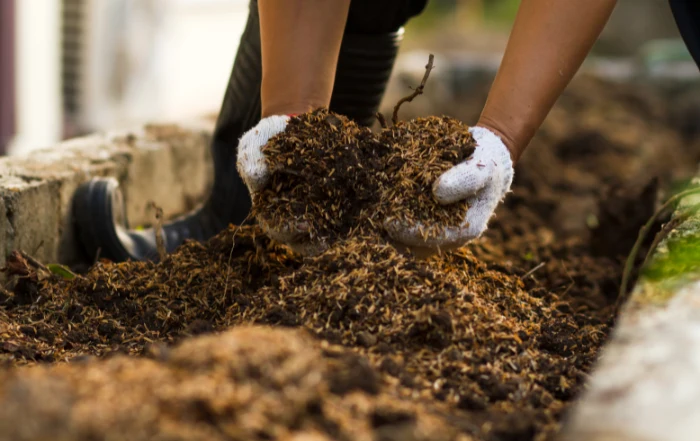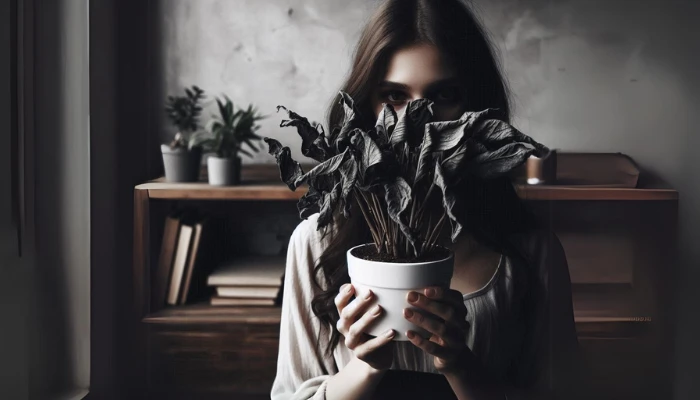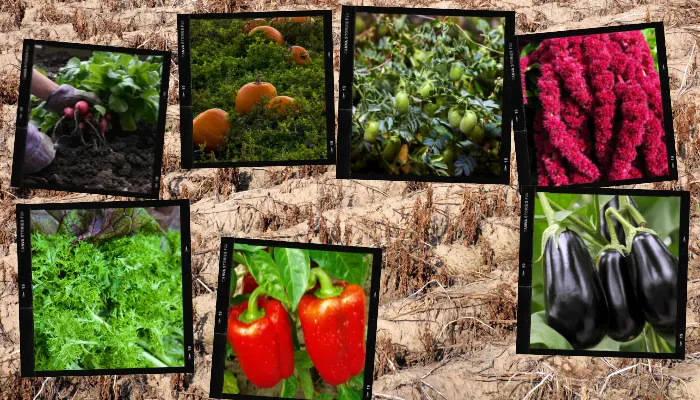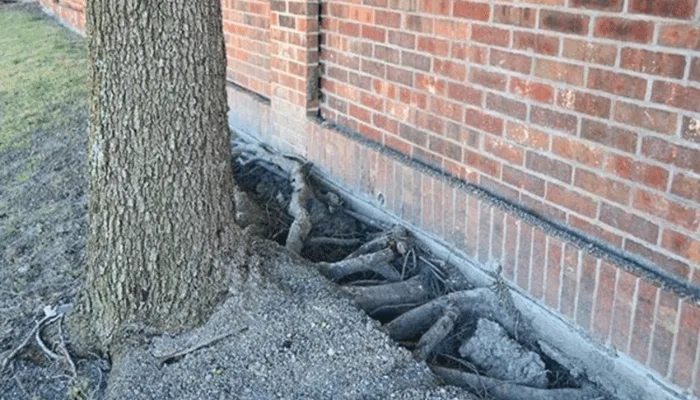Composting is one of the best ways to recycle food waste and scraps into fertilizer that your plants will love. In fact, most gardeners are always looking for good compost to help their plants flourish and thrive. There are people who make good money selling compost to commercial farms and gardening enthusiasts.
Whether you’re a hobbyist or someone serious about gardening, the ability to make your own compost will be very helpful. This article will assume that you have the basics of composting down, and it will give you a few tips to improve the quality of your compost.
Now let’s look at what they are.
Location Matters
The composting process takes time, and one of the major factors that decides if your compost will turn out well is the location the compost bin or heap is in. Ideally, the heap or bin should have good drainage and must be on level ground. Avoid placing the compost heap in places where it’s exposed to weather fluctuations.
If your compost pile is exposed to cold weather or chilly conditions, the decomposing process will slow down. If you know you’re going to be getting cold weather, you may wish to either insulate your compost bin or move it indoors into the shed or somewhere where it’s not exposed to the elements. This will ensure that the process moves smoothly without delays.
Compost Must Be Oxygenated
For the compost to break down well, the bacteria and organisms that are involved in the process need oxygen to survive. So, it’s ideal that you turn the compost pile by using a shovel or pitchfork to dig into it and flipping it over to allow air into the inner layers so that the microorganisms can survive.
You should be able to see that the material on the edges of the heap are dry, while the center is relatively damp. Move the edges to the center and mix them up a little. Try and get air into the compost heap by preventing tight clumps from forming.
The more you rake and aerate your compost heap, the faster the pile will turn into rich, beneficial fertilizer.
Watch What Goes In
Not all food scraps and leftovers should be composted. Many people get this wrong and expect that since most foods are biodegradable, they’re suitable for composting. This is a common misconception.
You need to use the right waste.
Dairy and meat products are a no-no. Weeds, waste from pets and oily food leftovers are NOT to be used either. All these will create foul smells and attract pests.
There should be mostly plant waste and even with the plant waste, there should be a mix of greens and browns. You may wish to add rolled up cardboard balls into the mix to create air pockets. The cardboard is a good type of brown waste.
If your compost heap is too wet, add more brown waste like dried leaves, twigs, etc. If it’s too dry, add more green waste like grass cutting, vegetable scraps, etc.
Monitor the pH Levels
The composting bacteria work best when the pH level of the compost is between 5.5 and 8. If you’re using worms in your compost, they survive well in this range too. So, you may wish to get a soil test kit to monitor the pH level of the compost. Do note that the readings will vary when you test different portions of the compost. Test about 5 bunches of compost and calculate an average.
Keep an eye on these 4 factors when composting, and you will have much better compost. There are also many other tips such as using worms, shredding the brown waste, checking the moisture level of the compost and much more.
You’d do well to research more on this topic so that you know how to get the best out of your composting efforts. You only need to learn it once, and after you’ve gotten the hang of it, you’ll easily be able to turn your spoil into soil and make your plants very happy.

















